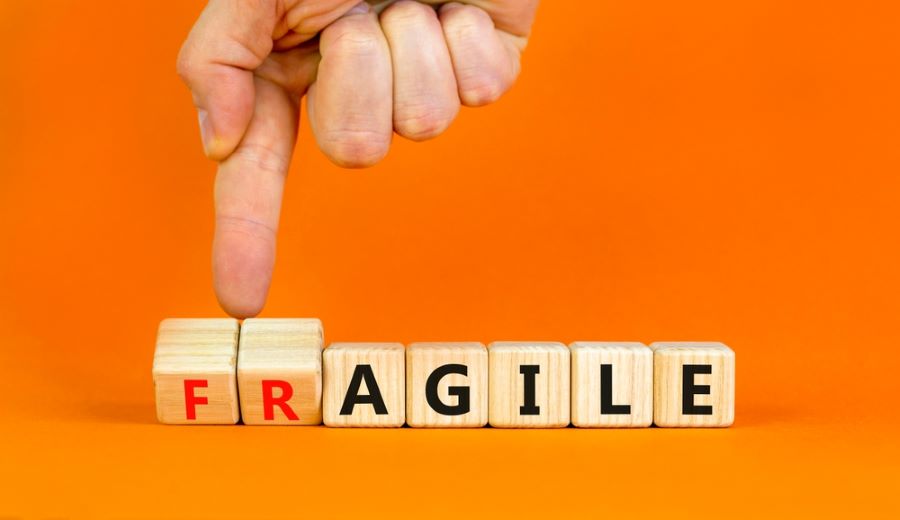Is the trauma informed care (TIC) causing us to underestimate the resilience of our clients?
Paul Meehl
Paul Meehl, probably one of the most influential psychologists of the last century, would probably agree. He is famous, amongst many other things, for his belief that mental health professionals were often guilty of significant ‘deficiencies in reasoning’. He described ten such deficiencies one of which is the’ spun-glass theory of the mind’ which is:
The belief that the human organism is so fragile that minor negative events, such as criticism, rejection, or failure, are bound to cause major trauma—essentially not giving humans, and sometimes patients, enough credit for their resilience and ability to recover
An example
During the pandemic, my psychology clinic placed people on a long waitlist because of overwhelming demand. Surprisingly, when we got back to them some months later, they no longer needed help, and some could barely remember why they called us in the first place!
Psychologists call this spontaneous remission – concept that is detrimental to psychologists’ business model but shows that people are not as fragile as ‘spun glass’.
Let me clear: the pandemic significantly impacted the mental health of many Australians. That is beyond doubt.
The golden rule about trauma
The impact of trauma is heterogenous not homogenous. If you hold the type and severity of the trauma constant e.g. a sexual assault, car crash etc the impact is highly variable. After six weeks some people will be severely incapacitated (potentially for the rest of their life) and others will be symptom free and return to their pre- trauma lives.

